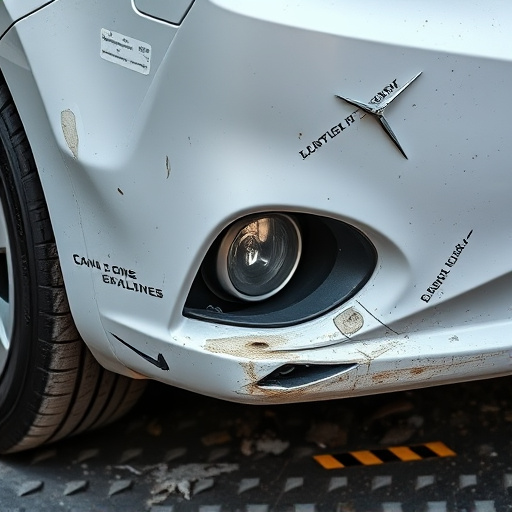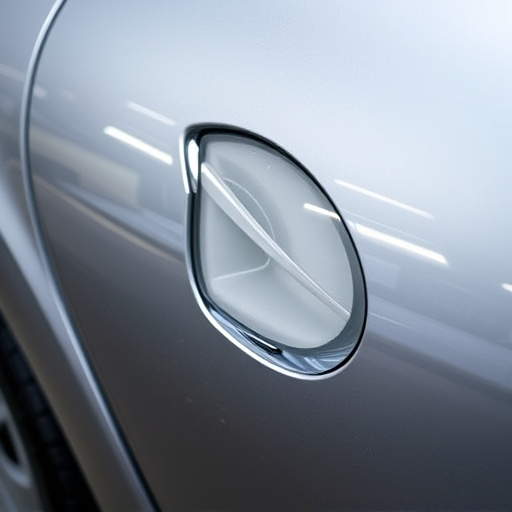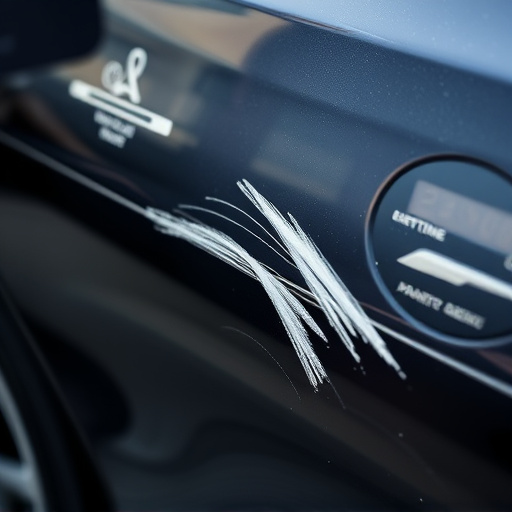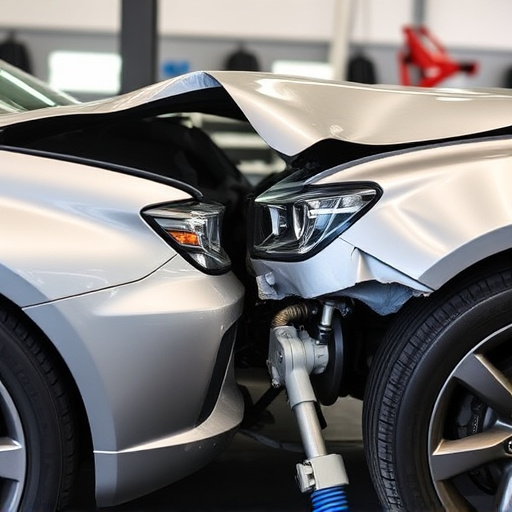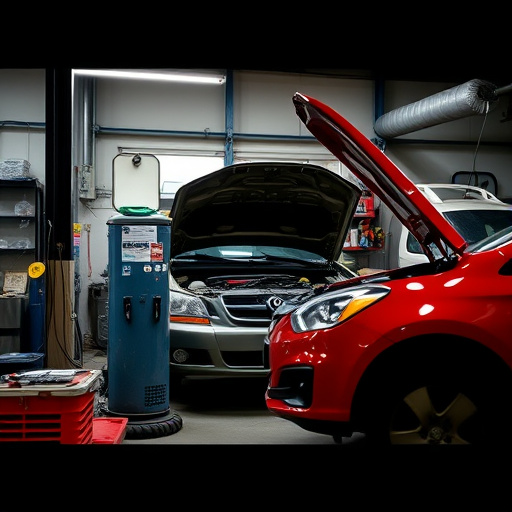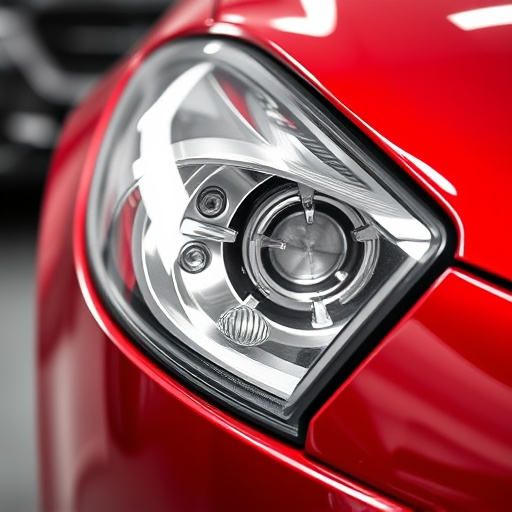Aluminum alloys, with grades like 6061 and 7075, are popular in autos for their strength, corrosion resistance, and weight savings, crucial for body repairs and carbon fiber components. Advanced manufacturing techniques enhance aluminum part quality, ensuring precision, consistency, and safety, while also revolutionizing vehicle structural integrity alongside carbon fiber. Aluminum bodies offer superior performance, fuel efficiency, and impact resistance, meeting stringent industry standards.
In the automotive industry, lightweight materials like aluminum are revolutionizing vehicle performance and efficiency. This article explores the significance of aluminum body components that strictly adhere to industry standards. We delve into understanding aluminum alloys tailored for automotive applications and the pivotal role of advanced manufacturing techniques in ensuring superior component quality. Furthermore, we scrutinize safety and performance benchmarks, highlighting how these metal parts meet and surpass stringent regulations, even when compared to carbon fiber components.
- Understanding Aluminum Alloys for Automotive Applications
- The Role of Advanced Manufacturing in Component Quality
- Safety and Performance: Meeting Strict Industry Standards
Understanding Aluminum Alloys for Automotive Applications
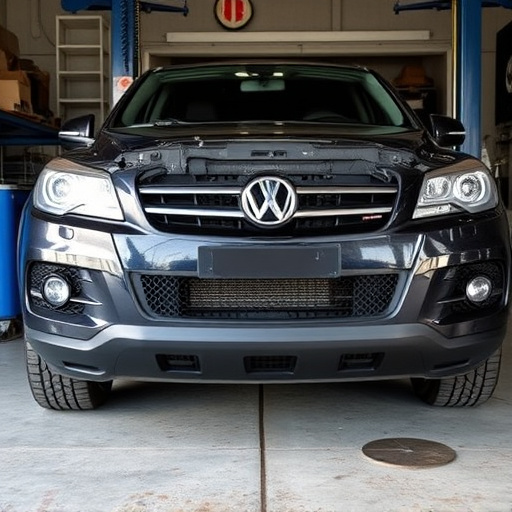
Aluminum alloys have become increasingly popular in automotive applications due to their exceptional strength-to-weight ratio and corrosion resistance. These qualities make aluminum an ideal material for manufacturing lightweight vehicle components, contributing to improved fuel efficiency and overall vehicle performance. Understanding the various aluminum alloys available is crucial when considering their use in automotive parts, especially when aiming to meet industry standards strictly.
One key aspect to consider is the specific grade of aluminum chosen. For instance, 6061 and 7075 are commonly used in autobody repairs and for manufacturing carbon fiber components due to their superior strength and durability. These alloys can withstand high levels of stress and strain, making them suitable for structural applications. In contrast, other grades might be better suited for specific functions like die-casting or as secondary materials in complex automotive assembly processes, ensuring the ultimate success of vehicle dent repair and broader automotive repair services.
The Role of Advanced Manufacturing in Component Quality

In the realm of automotive manufacturing, advanced technologies are pivotal in ensuring the highest quality for every component, especially when it comes to aluminum body parts. One such game-changer is the integration of advanced manufacturing processes. These cutting-edge techniques allow for precise and consistent production, enabling manufacturers to meet stringent industry standards. By employing sophisticated machinery and automation, each part is meticulously crafted, minimizing defects and maximizing strength and durability.
Furthermore, the incorporation of carbon fiber components has revolutionized the automotive industry. This lightweight yet robust material, when combined with aluminum through innovative manufacturing methods, results in superior structural integrity. Advanced manufacturing facilitates the seamless integration of these materials, enabling efficient frame straightening and precise dent repair, ensuring that every vehicle produced adheres to safety regulations and offers exceptional performance—a testament to the evolving nature of auto repair services.
Safety and Performance: Meeting Strict Industry Standards
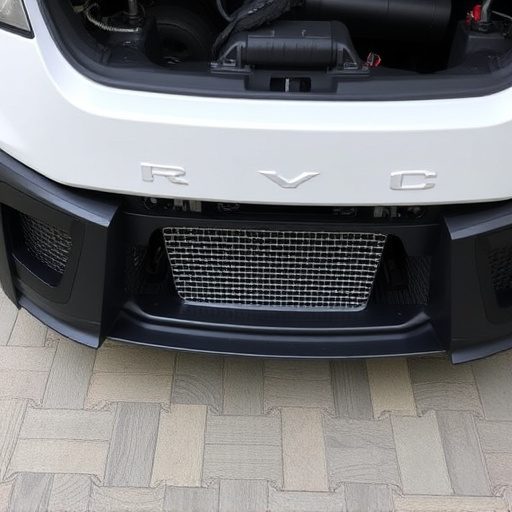
In the realm of automotive manufacturing, ensuring safety and performance is paramount. Aluminum body components, known for their lightweight yet robust nature, play a pivotal role in meeting stringent industry standards. These components offer superior strength-to-weight ratios, enhancing fuel efficiency and overall vehicle performance. The use of aluminum also contributes to improved handling dynamics, reducing the overall weight of the vehicle, which is crucial in today’s market where fuel economy is a primary concern.
Moreover, strict adherence to industry standards ensures that aluminum body components are not just reliable but also safe. Unlike some alternatives like carbon fiber components, aluminum undergoes rigorous testing to meet impact resistance and crash safety requirements. This is particularly important for essential areas such as auto glass repair, car body repair, and even vehicle restoration, where the integrity of structural elements is vital. By prioritizing these standards, manufacturers can guarantee that vehicles equipped with aluminum bodies provide both excellent performance and peace of mind for drivers.
Aluminum body components, rigorously manufactured to meet industry standards, offer a compelling alternative to traditional carbon fiber components. By leveraging advanced manufacturing techniques, automotive manufacturers can ensure superior quality, enhanced performance, and improved safety without compromising on lightweight design principles. This focus on aluminum alloys ensures that vehicles remain competitive in the market while adhering to stringent industry regulations.

